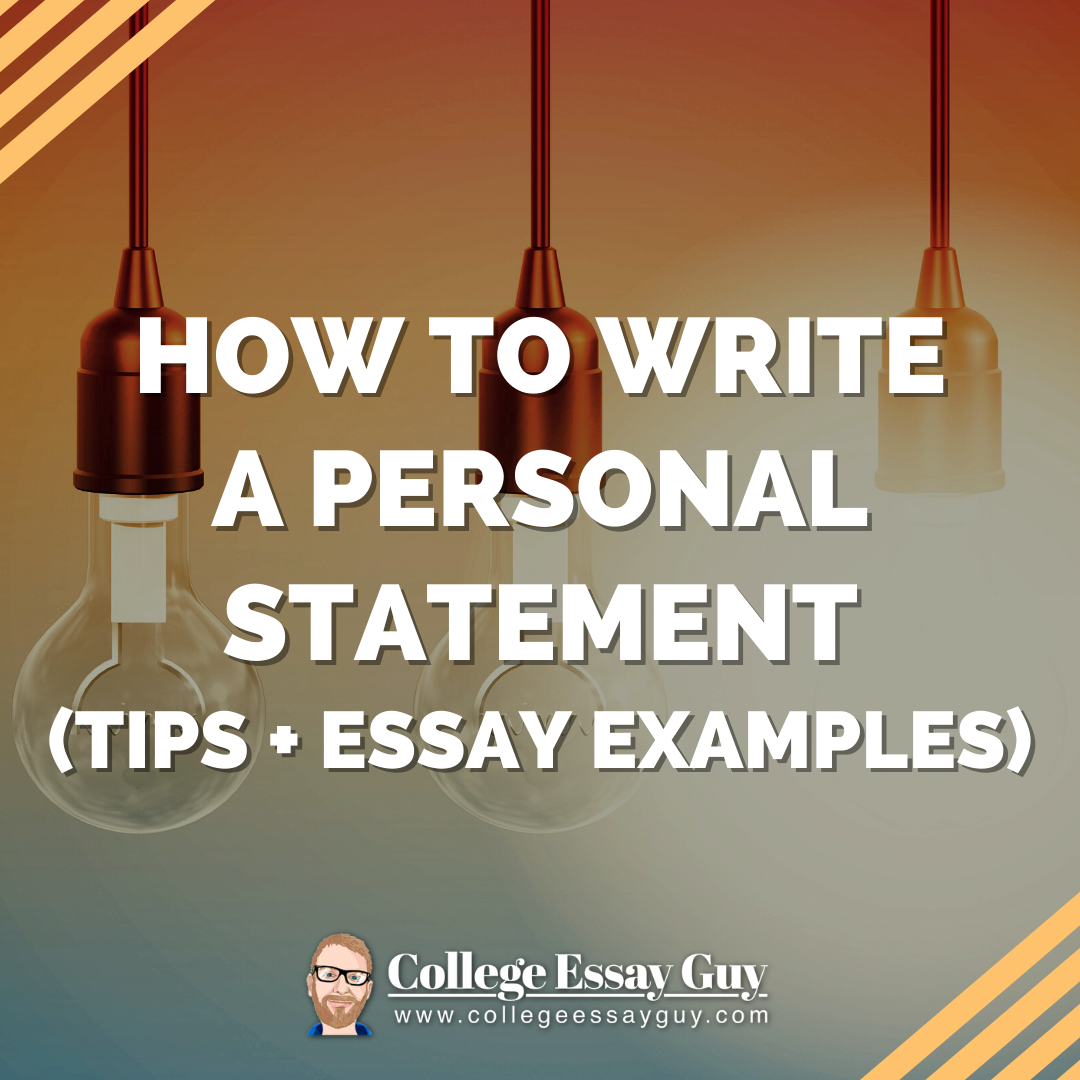
Unlocking the Secrets: Writing College Essays Made Easy
Unlocking the Secrets: Writing College Essays Made Easy
Writing college essays can often feel like a daunting task. I remember my own experiences, filled with anxiety about whether my ideas would resonate with professors or if my writing would be deemed “good enough.” However, through my journey, I discovered that writing college essays can be a straightforward and enjoyable process. In this article, I will share tips and strategies that simplified my essay writing, enhanced my creativity, and ultimately impressed my professors. By the end, I hope you will feel empowered to tackle your college application essays with ease.

Understanding the Purpose of College Essays
Before diving into the writing process, it’s crucial to understand the purpose behind college essays. These essays are not merely assignments; they are opportunities for you to express yourself, showcase your personality, and demonstrate your critical thinking skills. Colleges use these essays to gauge your writing ability, creativity, and how well you can articulate your thoughts.
The Importance of Authenticity
One of the most important tips I learned during my essay writing journey is the value of authenticity. When writing college application essays, I made sure to be true to myself and my experiences. Instead of trying to fit into a mold of what I thought the admissions committee wanted to see, I focused on sharing my unique perspective. This authenticity not only made the writing process more enjoyable but also helped my essays stand out.
Strategies for Easy College Writing
1. Brainstorming Ideas
Brainstorming is an essential first step in the essay writing process. I found it helpful to jot down all my thoughts and experiences related to the essay prompt. This free-writing approach allowed me to explore different angles and identify the themes I wanted to focus on.
If you’re unsure where to start, consider using mind maps or lists to organize your ideas. Think about significant moments in your life, challenges you’ve overcome, or passions that drive you. The more personal and specific, the better!
2. Creating an Outline
Once I had a wealth of ideas, I moved on to creating an outline. An outline serves as a roadmap for your essay, helping you structure your thoughts logically. I included an introduction, body paragraphs, and a conclusion in my outline, ensuring that each section flowed seamlessly into the next.
Here’s a simple outline format I found effective:
- IntroductionHook: Capture the reader’s attention
- Thesis statement: Present the main idea or argument
- Body ParagraphsTopic sentence: Introduce the main point of the paragraph
- Supporting details: Use examples and anecdotes to illustrate your point
- ConclusionRestate the thesis: Summarize your main argument
- Closing thoughts: Leave the reader with something to ponder
3. Writing the First Draft
With my outline in hand, I began writing my first draft. I kept in mind that this draft didn’t have to be perfect. The goal was to get my ideas down on paper. I encouraged myself to write freely, without worrying about grammar or structure at this stage.
Tip: Don’t be afraid to write multiple drafts. Each revision offers an opportunity to refine your ideas and improve your writing.
4. Seeking Feedback
After completing my draft, I sought feedback from peers, teachers, or even family members. Getting a fresh perspective on my writing was invaluable. They often pointed out areas that needed clarification or suggested ways to enhance my arguments.
If you’re looking for more personalized feedback, consider sharing your essay with someone experienced in college admissions or writing. Websites like AI Essay Writer can also provide assistance in refining your writing.
5. Editing and Proofreading
Editing and proofreading are crucial steps that should never be overlooked. I always took a break after completing my draft to return with fresh eyes. This allowed me to spot errors or awkward phrasing that I might have missed initially.
During this phase, I focused on:
- Grammar and punctuation
- Clarity and coherence
- Consistency in tone and style
Enhancing Creativity in Your Writing
Creativity plays a significant role in making your college essays memorable. Here are some strategies I used to enhance my creativity:
1. Use Vivid Imagery
Incorporating vivid imagery into my writing helped transport readers into my experiences. Instead of simply stating facts, I painted pictures with words, allowing readers to visualize my stories. For instance, rather than saying, “I was nervous,” I described the butterflies fluttering in my stomach and the beads of sweat forming on my forehead.
2. Experiment with Different Styles
Don’t be afraid to experiment with different writing styles. I found that varying my sentence structure and using rhetorical devices, such as metaphors or anecdotes, added depth to my essays. This experimentation not only made my writing more engaging but also allowed me to discover my unique voice.
3. Read Other Essays
Reading outstanding college essay examples can spark inspiration and provide insight into effective writing techniques. I explored resources like 27 Outstanding College Essay Examples From Top Universities 2024⁄2025 to see how others approached their essays. Analyzing these examples helped me understand what made them successful and how I could apply similar strategies in my writing.
Common Pitfalls to Avoid
While writing college essays can be enjoyable, there are common pitfalls to be aware of:
1. Clichés and Overused Topics
Avoid using clichéd topics or phrases that may make your essay feel generic. Instead, focus on your unique experiences and perspectives. If you find yourself writing about a common theme, such as overcoming adversity, think about how you can present it in a fresh and authentic way.
2. Lack of Focus
Ensure that your essay has a clear focus and stays on topic. It can be tempting to include numerous anecdotes or experiences, but this can dilute the main message. Stick to your thesis and make sure each paragraph supports it.
3. Ignoring the Prompt
Always refer back to the essay prompt to ensure you’re addressing it thoroughly. I made it a habit to highlight key phrases in the prompt and check off each point as I wrote about it. This helped me stay on track and ensure I was meeting the requirements.
Frequently Asked Questions (FAQs)
Q1: How long should my college essay be?
Most college essays have a word limit, typically ranging from 250 to 650 words. Be sure to check the specific requirements for each application.
Q2: Can I write about a negative experience in my essay?
Absolutely! Writing about challenges or negative experiences can be powerful, as long as you focus on the lessons learned and personal growth that resulted from them.
Q3: Should I use humor in my college essay?
Humor can be effective if used appropriately, but be cautious. Ensure that your humor aligns with the overall tone of your essay and doesn’t detract from your message.
Q4: What if I don’t have a standout story to tell?
Every individual’s experiences are unique, and even seemingly ordinary moments can be compelling. Focus on how you felt during those moments and what you learned from them.
Q5: How can I make my essay stand out?
Be authentic, share personal anecdotes, and use vivid imagery to create a memorable narrative. Your voice and perspective are what will make your essay truly stand out.
Conclusion
Writing college essays doesn’t have to be a stressful experience. By embracing authenticity, employing effective writing strategies, and enhancing creativity, I transformed my approach to essay writing. Remember, your college application essays are a reflection of who you are, so let your personality shine through. With these tips, I hope you feel empowered to tackle your college essays with confidence and creativity.
For further guidance on writing college essays, consider checking out the video “Writing College Essays Is Easy, Actually” on YouTube. Happy writing!


By following these strategies and embracing your unique voice, you can unlock the secrets to writing college essays that are not only easy but also enjoyable. Good luck!



